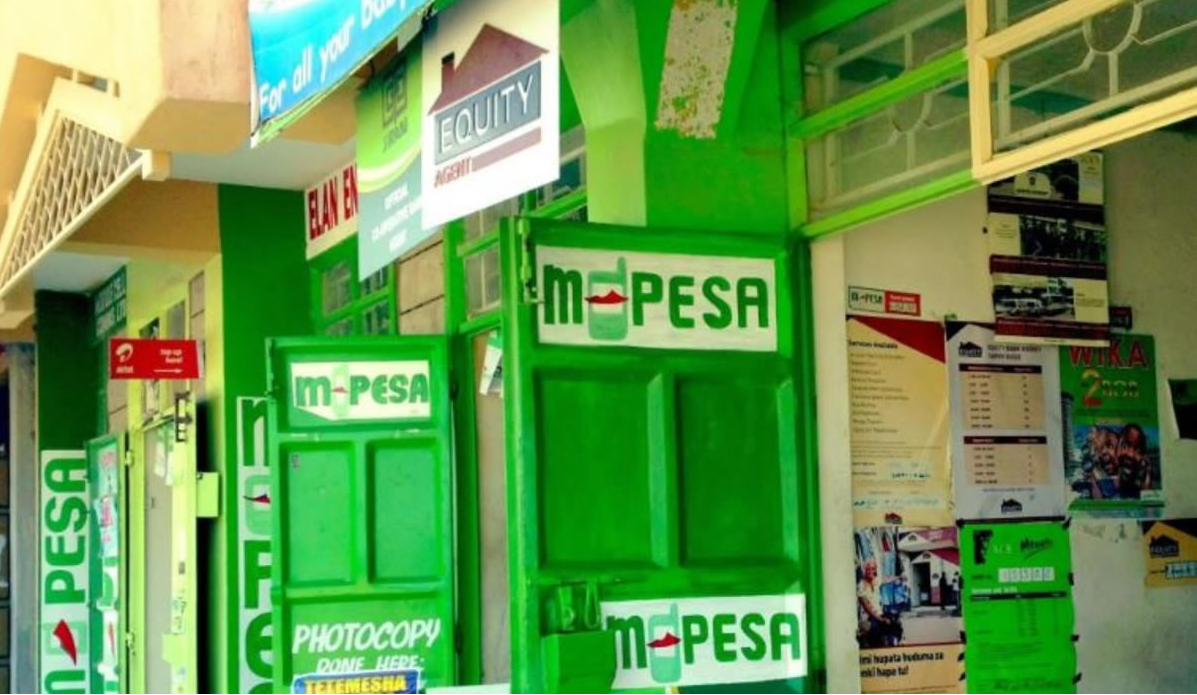advertisement
Will M-Pesa Be A Separate Company In The Future?

When walking down virtually any street in Nairobi, it is hard to avoid the distinctive dark green and white of the M-Pesa logo on shopfronts or painted across the front of stores. One can easily think that M-Pesa is its own entity, just if it was not for the immensely well known colours of Kenya’s largest telco associated with it.
M-Pesa was launched in 2007. M stands for mobile, and Pesa is Swahili for money. By 2012, there were 17 million M-Pesa accounts in Kenya. Today, it’s considered the most successful mobile phone-based financial service in the developing world, garnering acclaim from the entire world.
More recently, M-Pesa revenues for the Vodacom Group were up 43.2% Year-over-Year on a normalised basis and had processed US$25B a month in transaction value in the first quarter, up 62.6%.
advertisement
Now, these are not rookie numbers. If we know anything about Safaricom, they do not follow a linear, step-by-step innovation process. Their trajectory, like a slingshot, is upwards and fast, a clear indication as to how rapid their adaption is when it comes to product development.
Many conversations have been had of M-Pesa spreading its wings, and taking off in other geographies outside of Africa, Nicholas Jonathan Read, the CEO, Vodafone thinks this is a possibility. He also hinted that M-Pesa could one day, become its own separate unit.
“In the future, there may be opportunities to scale further. At that point I think we would make the decision as to whether we would want to do anything, let’s say, more inorganically.”
advertisement
A more inorganic approach could possibly entail that the telco splits its telecommunications business from the mobile money business, thereby creating two separate entities.
He also further went on to explain that it is logical to keep M-Pesa within the telecommunications group for now, the key word here, being “for now”, so as to continue further cementing customer loyalty.
The stand that Safaricom has taken with M-Pesa, which is to not have it as a separate unit, is in contrast with international players such as South African mobile operator MTN Group which is mulling spinning out its fibre and financial services units and possibly listing them on stock market.
advertisement
Last year November, a majority of the lawmakers in Kenya wanted the mobile services arm and the payments division to be separated and operate as two separate entities, with different boards, brands, and regulators. This was due to lobbying by other Telcos who feel Mpesa has given Safaricom an unfair competitive edge and has made it a dominant player in the sector.
This would mean that Safaricom’s mobile unit will be regulated by the Communications Authority of Kenya, while M-Pesa will be under the purview of the Central Bank of Kenya. It was the belief of the lawmakers that such a split will provide a level playing field for the other players in the sector. This motion was defeated and status quo remained.
The big question is, will Safaricom survive without Mpesa? Or the other way round, would an independent Mpesa survive outside the mothers belly? Give us your thoughts.